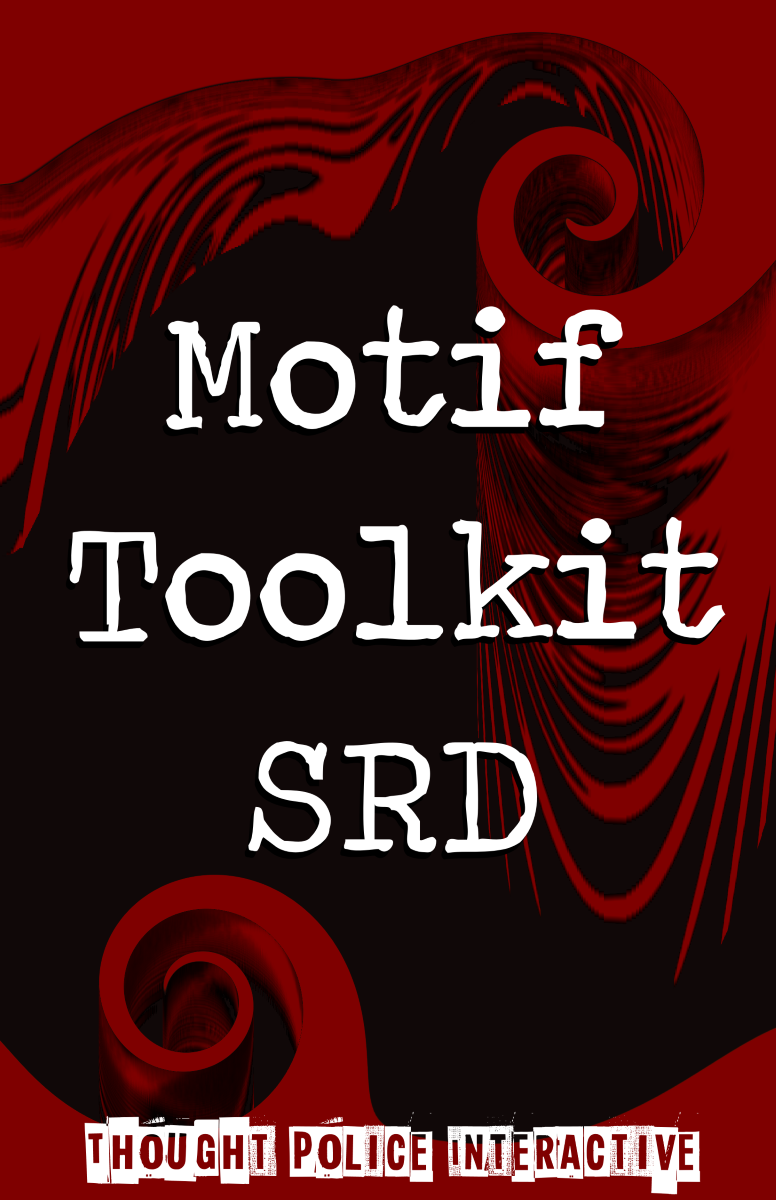When to Roll
Only roll when the outcome is interesting and uncertain. If it is not interesting, there is no reason to waste time focusing on it. If is it certain, there is no reason to roll the dice. You already know what is going to happen.
Oracle Flow
Start with the genre, themes, and setting assumptions. Whatever they assume, assume. Whatever is obvious in that context is obvious. There is no need to rely on the oracles for answers when it is already obvious, unless you are intentionally introducing uncertainty.
From there, look at what is logical or implied. You do not need an oracle roll or GM check to know that a lit fuse means a firework will go off in most cases. Similarly, players and GMs can follow the plain logic and implied details of things.
Then we get to the creativity and intuition of players and GMs, "the invented". This is important in solo and GM-less games and play modes. If people have a gut feeling or an idea that jumps to mind for an NPC, certain details, or so on, just roll with it! Keep the flow going and play progressing.
Resort to the oracles after the obvious, implied, and invented. Then repeat the cycle going forward, creating a natural flow.
Hidden NPCs
Assign NPCs a very broad description and power level. Only reveal or fill in their sheet as they act. This saves you from doing too much to fill in one-off NPCs and also creates a sense of discovery and escalation in solo, low prep, and GM-less play modes.
Especially in solo mode, it preserves the mystery of story characters. Use the main oracle dice to answer questions about their capabilities as you bring them into play or uncover more of their details. That will introduce uncertainty and reinforce the sense of mystery and discovery.
Fill in the Blanks
You can apply a similar principle to the whole setting and/or its details. Start with a broad outline and the basic essential details plotted out. From there, play to discover the world. This greatly reduces prep needed but allows for complex universes and interweaving plotlines despite the simple setup.
Allow the plot to emerge as you play. Certainly, provide possible hooks and threads for player characters to follow. But let the ongoing narrative evolve as the playthrough progresses. This is an ideal approach for solo and no prep play. In both cases, a fluid open world is a great benefit, allowing for quick setups. A key element is that is largely player-driven, requiring them to drive forward to carry out character goals, make discoveries, and interact with the world.
Bleed
"Bleed" is a common term for when out-of-character (OOC) and in-character (IC) feelings bleed over into each other. Sometimes it is unwanted, such as when a player having a bad day expresses it as their character being a Super Dick™. However, it can be a valuable tool and is a normal, welcome part of the experience.
A popular example of productive bleed is method acting or "getting into character". Essentially, players get themselves into the headspace of their character. They mentally put themselves in the shoes of their character and roll with it.
Another positive example of bleed is a player feeling the love, fear, hope, dread, confusion, and so on of their character. A moving scene truly moves the player. The players furtively hold hands through a tense moment in a small-town horror game. A player throws up their hands up and laughs in relief as the party sees a way into a town after being lost in a wilderness hell.
When playing, you should bear in mind how much things may affect your mood and perspective. Similarly, when designing, you should consider how the feel of the game (mechanically and thematically) comes across in actual play. What concerns are being emphasized? What circumstances and emotions are being faced?


